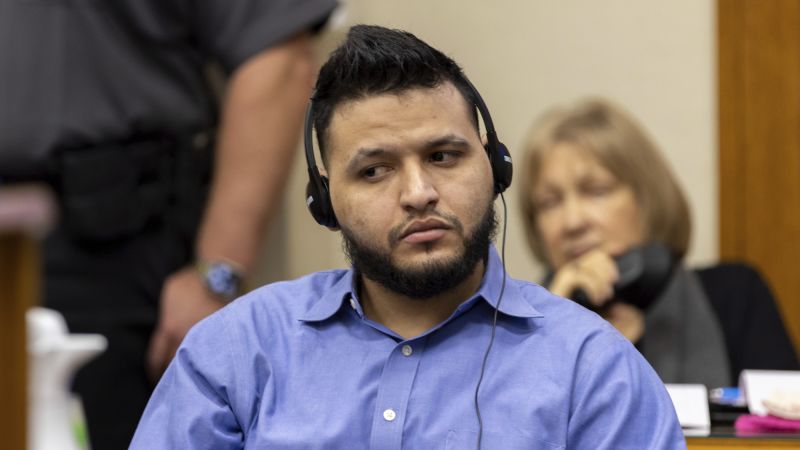Laken Riley's Killer Sentenced to Life in Prison

Jose Ibarra, an undocumented migrant from Venezuela, was found guilty of murdering Georgia nursing student Laken Riley and sentenced to life without parole. The verdict, reached by Athens-Clarke County Superior Court Judge H. Patrick Haggard, includes convictions on ten charges: murder, kidnapping with bodily injury, aggravated assault with intent to rape, and tampering with evidence. The case has reignited the national debate over immigration and crime.
Riley, a student at Augusta University’s Athens campus, was found dead on February 22 near a University of Georgia trail. Court documents indicate she was struck in the head multiple times with a rock and asphyxiated. The trial included testimony from experts, law enforcement, and Riley’s roommates. The defense and prosecution agreed to a bench trial, where the judge determines the facts and applies the law.
During the trial, Riley’s family expressed their grief. Her mother, Allyson Phillips, described the devastating impact of her daughter’s death, noting the loss of future milestones. Riley’s roommate, Connolly Huth, testified about her fear and inability to continue running, a hobby she once enjoyed.
Prosecutors presented DNA evidence linking Ibarra to Riley’s killing. Genetic testing of Riley’s fingernail clippings matched Ibarra’s profile. Georgia Bureau of Investigation crime lab scientist Ashley Hinkle testified about the significance of DNA under fingernails. UGA police Sgt. Joshua Epps noted scratches on Ibarra’s arms and wrist. A blood-like stain on a jacket found in a dumpster contained DNA from both Riley and Ibarra. Surveillance video showed a person wearing the jacket, later found to be Ibarra’s brother, according to prosecutors.
The defense questioned the DNA evidence and proposed an alternate theory, suggesting Ibarra’s brother was responsible. Defense attorney Kaitlyn Beck argued that evidence subject to multiple interpretations does not constitute proof beyond reasonable doubt.
Several Republican leaders reacted to the verdict by calling for tighter border security. President-elect Donald Trump expressed hope that the verdict would bring peace to Riley’s family and reiterated the need to secure the border. Georgia Gov. Brian Kemp criticized current immigration policy and emphasized the importance of community safety. Following Riley’s death, Georgia enacted immigration enforcement legislation requiring law enforcement to verify the immigration status of certain individuals.












